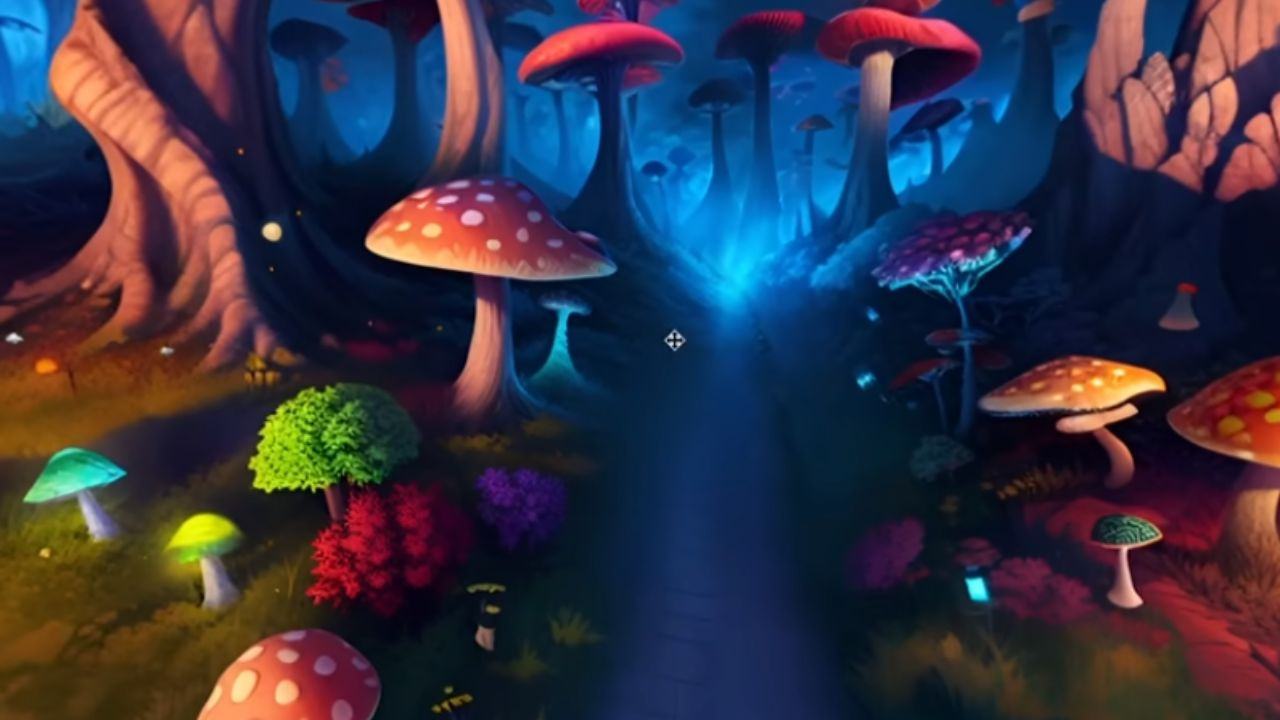Researchers have developed an artificial intelligence system called 3D-GPT that can produce 3D models simply from text descriptions provided by the user.
This offers a more efficient alternative to traditional 3D modeling workflows.
As described in a paper published on arXiv, 3D-GPT uses multiple AI agents, each handling different tasks to understand text prompts and perform modeling functions. This breaks down complex 3D modeling into more manageable components.
Instead of manipulating 3D software, users can now describe desired models in simple language and 3D-GPT will interpret and generate them. This intuitive approach makes creating virtual scenes and objects more accessible.
Specialized 3D-GPT agents include a dispatcher to parse instructions, a conceptualizer to enhance descriptions, and a modeling agent to generate asset code. The modular architecture allows each agent to be improved independently.
While the graphics quality is not yet photorealistic, early tests show that the approach reliably produces 3D scenes that match text prompts. The article concludes that 3D-GPT highlights the potential of language AI for modeling and provides a framework for future advances.
This advancement demonstrates AI’s ability to automate and augment complex creative workflows. Although still emerging, 3D-GPT exemplifies how AI can democratize and accelerate the production of 3D content in gaming, design, augmented reality, and more.
Advances like 3D-GPT show the versatility of modern AI in not only analyzing, but also actively synthesizing new 3D structures from text. Harnessing this generative creativity opens up new possibilities in accessibility and innovation in computer graphics.
Subscribe to our latest newsletter
To read our exclusive content, register now. $5/Monthly, $50/Yearly
Categories: Technology
Source: vtt.edu.vn
